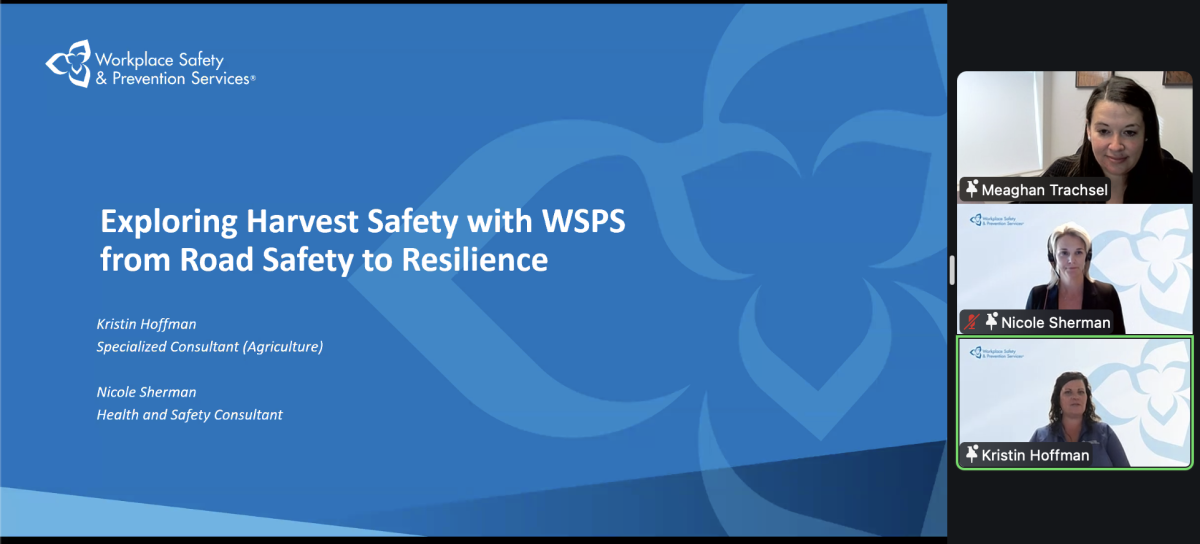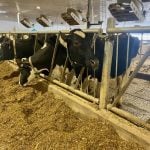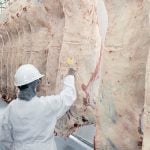Canada has pledged to more than double its investments in food security in developing countries, increasing its funding by $600 million over three years.
Prime Minister Stephen Harper committed the added cash, bringing total food security program funding to $1.18 billion over three years, in an announcement Thursday during the G8 summit in L’Aquila, Italy.
“Both before and during the current global recession, we saw a deeply troubling pattern of scarcity and price instability causing significant hardship to vulnerable people particularly those in the developing world,” Harper said.
Read Also

Exploring Harvest Safety
Kristin Hoffman of WSPS explains measures for increased farm safety around harvest season
“Whether we are talking about famines, price-spikes or lack of sustainable agricultural development, there are many clear and compelling humanitarian, economic and security reasons to address this mounting global challenge today.”
In all, the government said, members of the G8, a collection of the world’s major industrialized democracies, pledged at least US$15 billion over three years for bilateral programming and multilateral initiatives.
That funding goal is earmarked for a “co-ordinated, comprehensive strategy” focused on sustainable agriculture development in developing countries.
“Spurring agricultural productivity as an engine of sustainable economic growth will have real results in developing countries,” the federal government said. It also noted that the G8 nations — Canada, Japan, France, Italy, Russia, Germany, the U.K. and the U.S. — plan to continue a “strong commitment to ensure adequate emergency food aid assistance.
“With over a billion people now suffering from hunger, food security is a critical global challenge whose effects are felt most dramatically by the world’s poorest and most vulnerable,” the government said.
“Increased trade”
Harper “underlined the importance of maximizing the effectiveness of Canada’s assistance program by fully untying its food aid budget,” the government noted.
The government last year opened up its food aid procurement policy to allow up to 100 per cent of its food aid to be procured internationally, compared to a previous requirement for 50 per cent of aid to be sourced in Canada.
“This benefits people in developing countries by maximizing the assistance that can be procured for each dollar contributed,” the government said Thursday.
Food aid agencies in recent years have urged developed countries to decouple their food aid from their own farmers’ production. Procuring food aid from areas nearer those receiving the aid is viewed as a better way to get culturally appropriate food to areas of need more quickly, at reduced cost, while strengthening local and regional markets for developing nations’ farmers.
According to the Organization for Economic Co-operation and Development (OECD), untying food aid dollars increases their impact by as much as 30 per cent.
Harper, the government said Thursday, “also reinforced the point that open markets and increased trade are essential to ensuring that food and other key commodities remain available and affordable.”
The next G8 summit is to be held June 25-27, 2010, in the Muskoka community of Huntsville, Ont., about 125 km north of Barrie.















